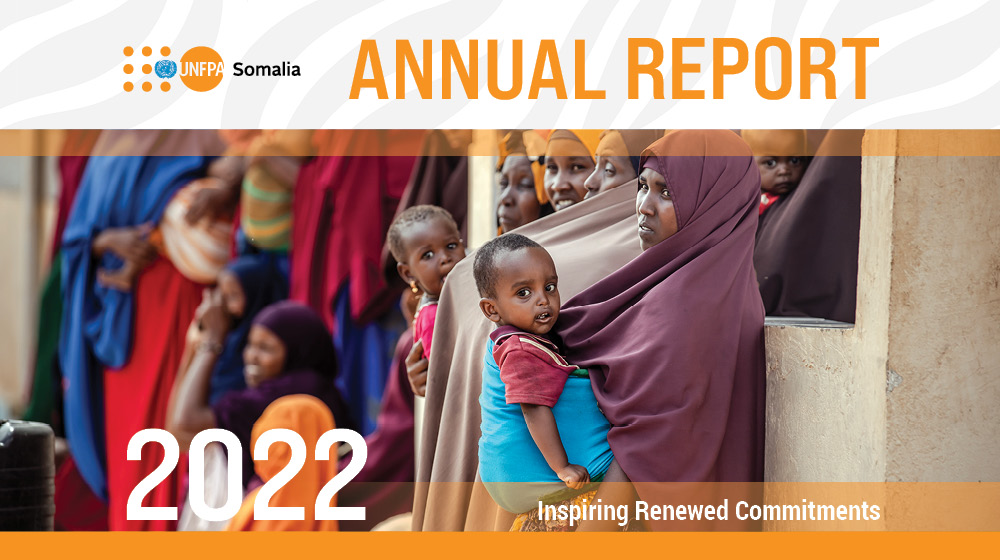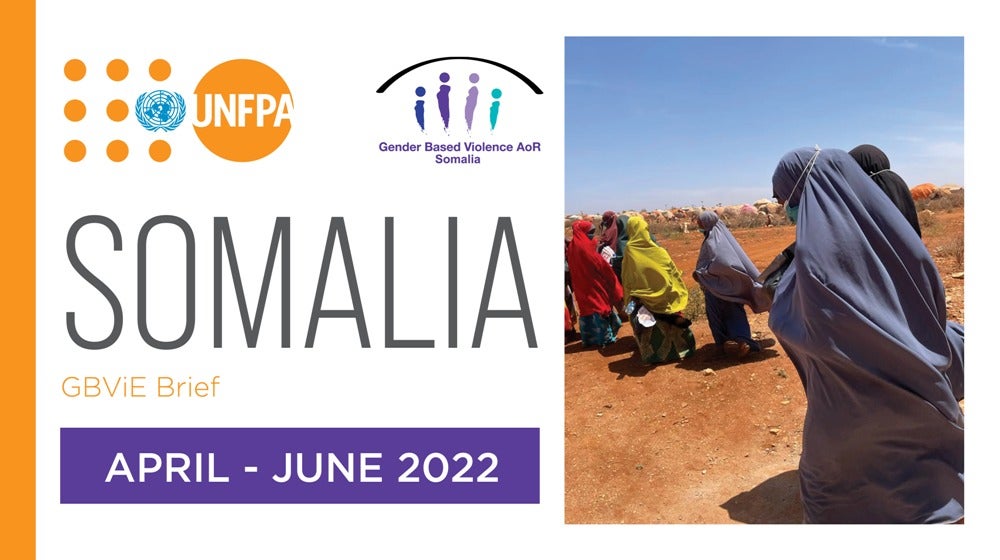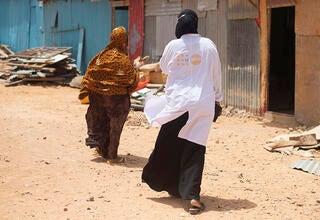UNFPA has been providing support to ‘Muslim Aid’, an NGO based in Puntland since November 2012, to help establish a Sexual Assault Referral Centre named ‘Maato-Kaal ’ which stands for support to the most vulnerable groups.
The Centre is based in the premises of Garowe General Hospital, adjacent to the Maternal Health Unit offering a comprehensive set of services to Gender Based Violence (GBV) survivors including clinical management, psycho-social support, legal advice and referrals. At the moment, the Centre is focused on expanding its service package with livelihoods support as the lack of access to basic resources, especially in IDP settings, can exacerbate and trigger GBV incidents.
In the past, GBV survivors had to seek various types of services from different entities. Taking into account the need for confidentiality and ‘do not harm’ principles given the wide spread sensitivities and stigma attached to GBV, it was seen timely and relevant to implement integrated services with clear-cut referral mechanisms or ‘one stop window’ service.
"I was initially reluctant to access GBV services, assuming that services were not confidential. After receiving confidential counselling sessions, I felt empowered, and now I would like to pursue legal aid. I believe that justice will prevail."
Photo of a Case Manager at Maato Kaal (Sexual Assault Referral Center)
It should be noted that for some GBV survivors the Centre’s services, including those related to reproductive health such as emergency contraception and HIV/AIDS constitute their first encountrance with reproductive health care.
Every month, ‘Maato-Kaal’ Centre provides GBV related services to 25-30 survivors of domestic violence, rape and physical assault as well as victims of severe forms of female genital mutilation and cutting. The counselling services, including psychosocial support offered by the Centre are geared towards informed decision-making based on a variety of choices available to GBV survivors.
It has become apparent that GBV issues can’t be sufficiently addressed without ensuring multi-sectorial response and effective referral mechanisms. Therefore, in March 2013, UNFPA entered into a partnership with UNDP in order to establish a two-way referral mechanism between health and low enforcement entities. This joint endeavour also envisages strengthening the capacity of police forces to better investigate and report GBV cases, and coordinate and secure proper and timely referrals to concerned health facilities, including the ‘Maato-Kaal’ Centre. UNFPA wishes to express its pleasure at the appointment of a GBV Criminal Investigation Officer to handle GBV related crimes by the Ministry of Security. UNFPA believes the move by the ministry demonstrates its commitment to meaningfully address GBV issues at institutional levels and maintain greater state oversight and support on the interventions.
Although it is undeniable that the commitment shown by the Government to tackle GBV is an important component in addressing the GBV related problems on the ground, there remains is a long way to go to see a complete and verifiable elimination of the various types of GBV given the entrenched traditions and customary laws such as ‘Xeer’ system which involves clan-based compensation and marriage arrangements between GBV survivors and perpetrators. This specific practice further violates the right of GBV survivors to freely choose their marriage partners and decide on the timing of their marriage. It is therefore extremely essential to build alliances with traditional and religious leaders at the community level.




